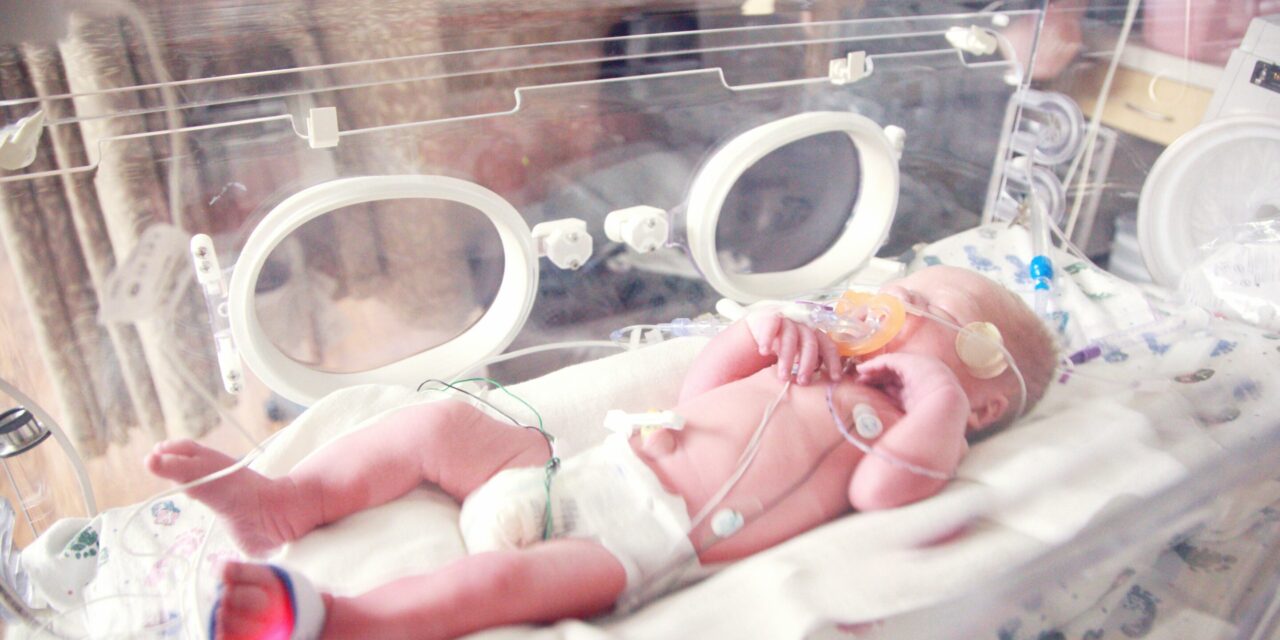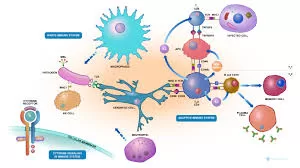A recent study published in JAMA Pediatrics has raised questions about the efficacy of the dramatic expansion of neonatal intensive care unit (NICU) capacity in the United States over the past 30 years.
Researchers, led by Gwenyth M. Gasper from the Dartmouth Institute for Health Policy and Clinical Practice, found that while the number of neonatologists surged by 227% and NICU beds increased by 48% between 1991 and 2020, this growth did not correlate with a significant reduction in newborn mortality rates.
The study revealed that although overall newborn mortality decreased during this period, the regional growth of neonatologists and NICU beds showed no meaningful association with regional mortality rates. Specifically, the number of neonatologists increased from 0.44 to 1.44 per 1000 live births, and NICU beds increased from 5.43 to 8.02 per 1000 live births. Over the same period, mortality decreased from 3.87 to 2.21 per 1000 live births. However, statistical analysis showed no correlation between the regional increases in capacity and the decrease in mortality.
“Although NICU care is highly effective in the treatment of serious newborn illness, recent growth in the number of total neonatologists and NICU beds has occurred independent of need and is not associated with newborn mortality at either the individual or the regional level,” the authors wrote.
The researchers suggest that the substantial investment in expanding NICU capacity may not be the most effective strategy for further reducing newborn mortality. They propose that alternative approaches, such as developing new technologies and improving the implementation of existing care models, might yield better results.
However, experts like Dr. Robert Kiley, medical director of Neonatology at Children’s Hospital Colorado, argue that the numbers don’t tell the whole story. He pointed out that the study does not account for the closure of numerous labor and delivery departments in rural areas, which has forced high-risk pregnancies to be managed in less-equipped emergency departments. He also stated that the increase in neonatologists does not necessarily translate to more bedside care, as many are involved in research and teaching.
Dr. Kiley also mentioned that the study does not differentiate between various levels of NICUs, which provide different levels of care. He suggested that the concentration of NICUs in certain regions may dilute the experience of healthcare professionals, potentially impacting quality of care.
The authors of the study suggest that a more targeted approach, focusing on improving existing care models and developing new technologies, may be more effective in further reducing newborn mortality.
Disclaimer: This news article is based on the provided study and expert opinions. It is intended for informational purposes only and should not be taken as medical advice. The statistical data represents trends observed during the study period and may not reflect current conditions. Medical practices and outcomes can vary significantly based on individual circumstances and regional factors.(https://www.medscape.com/viewarticle/30-year-boom-nicu-capacity-hasnt-lowered-mortality-2025a1000782)












